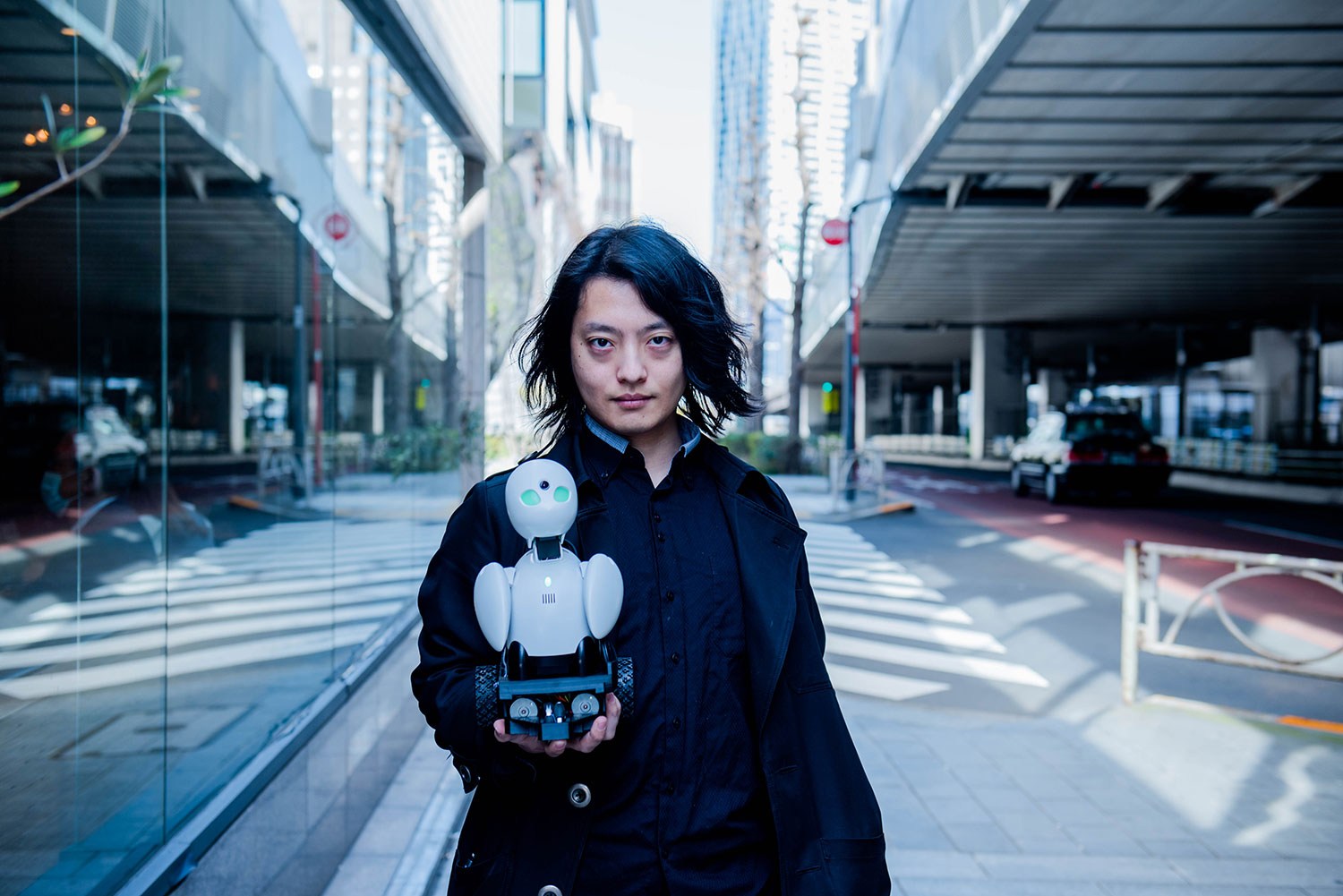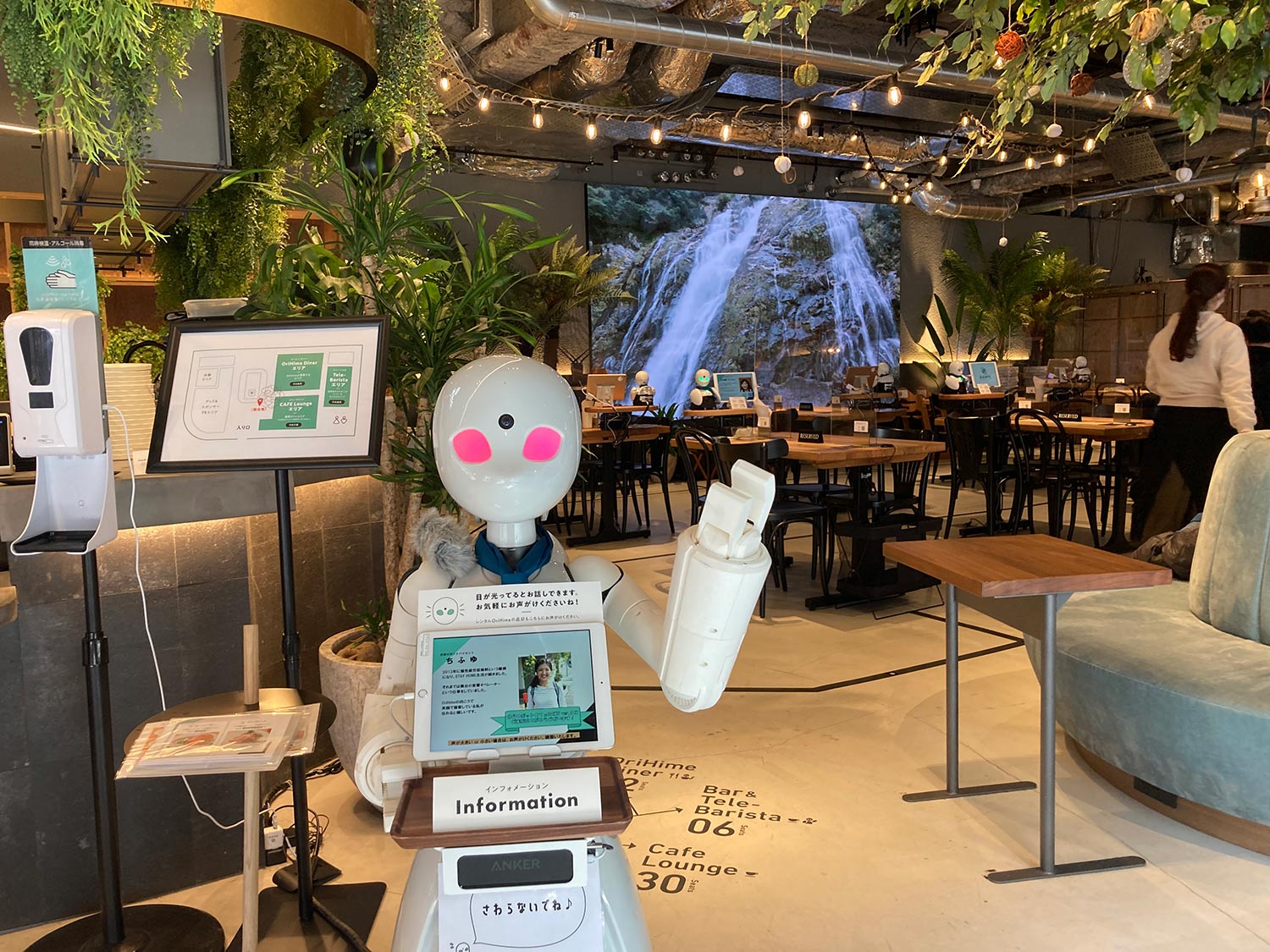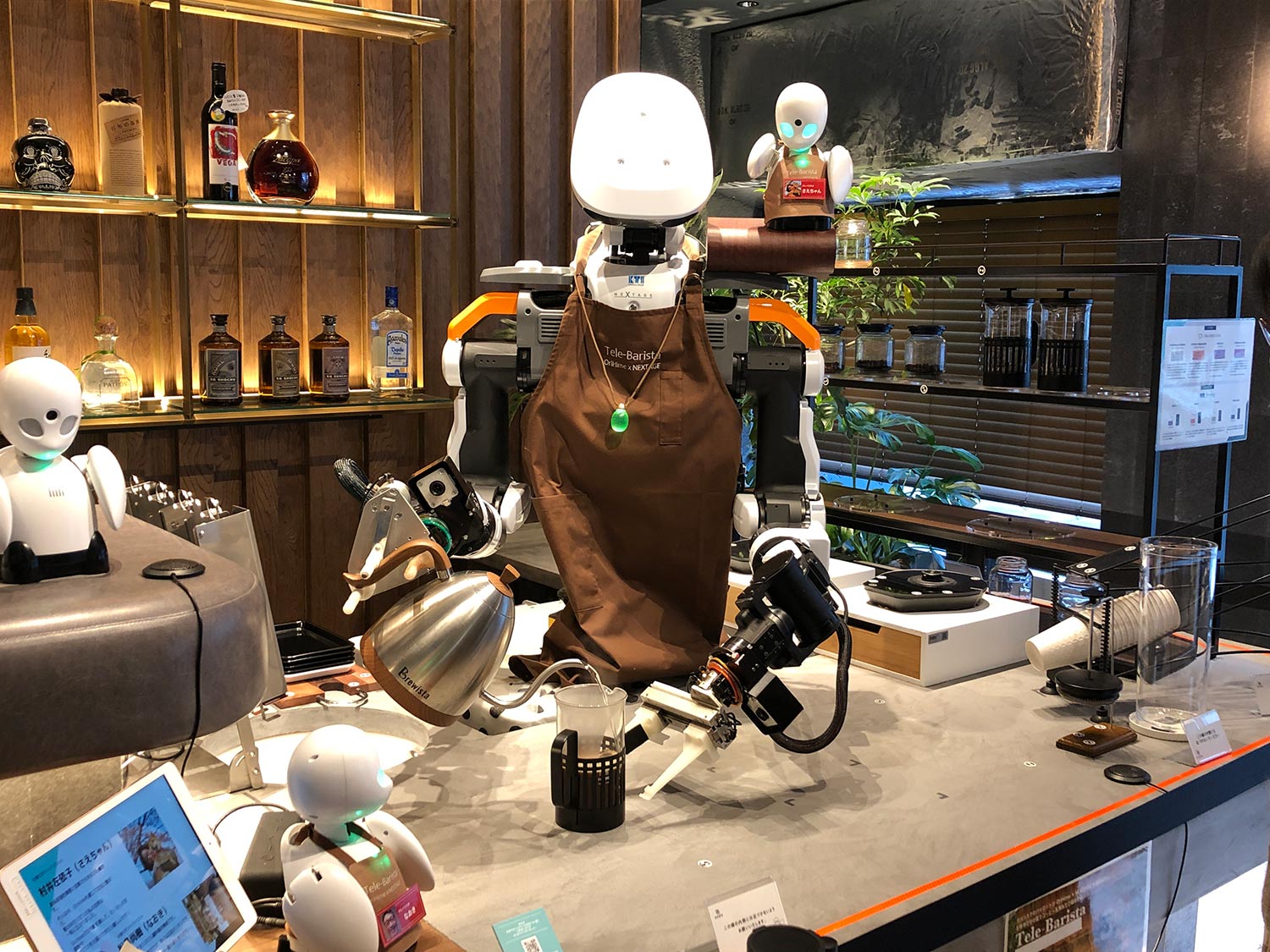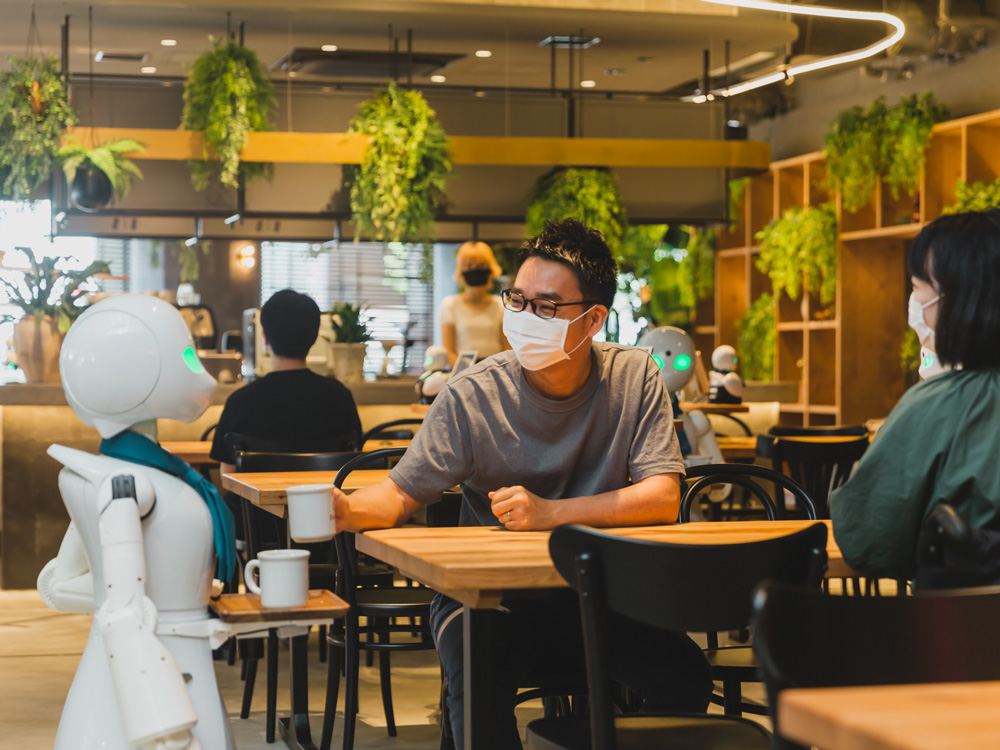Fostering an Inclusive Society Through Robotic Innovation
Our world is more connected than ever. Rapid advances in technology empower us to communicate with friends, family, colleagues and strangers anytime, anywhere. Yet more people report feeling lonely.
Globally, 41% of people reported becoming lonelier amid Covid-19.[1] Loneliness and social isolation tax physical and mental wellbeing. Older adults, for instance, are more likely to live alone, have a chronic illness and suffer hearing loss.[2] People who are bedridden due to accidents, illnesses or congenital disabilities are equally at risk.
While the challenge pre-dates Covid-19, the pandemic put loneliness in the spotlight with several governments around the world taking action to address the issue. The Japanese government, for instance, appointed SAKAMOTO Tetsushi as “Minister of Loneliness” as the country implements measures to prevent social isolation.[3] In addition to government initiatives, the private sector is addressing the challenge of loneliness with novel solutions including technology.

Addressing Loneliness With Technology
YOSHIFUJI Kentaro, co-founder of Ory Laboratory, understands how it feels to be lonely. As a child, YOSHIFUJI was housebound for three-and-a-half years due to stress and illness. In turn, he was unable to attend elementary school and middle school, falling behind in his studies and missing opportunities to engage with peers.
YOSHIFUJI rebounded from his illness in high school and later turned his hand to engineering and technology, eventually co-founding Ory Laboratory—a company that designs remotely controlled robots to help solve human loneliness.
“We want to realize a world where everyone can meet new people, continue their hobbies and help others even if they have physical limitations that prevent them from leaving the house,” YOSHIFUJI said. “Japan can show the world that it’s possible to live a fulfilling life even with limited mobility.”
Central to that vison is the OriHime avatar robot. Designed to address restrictions posed on movement, users can pilot the robot remotely, finding new ways to participate in society. The Diverse Avatar Working Network (DAWN) café in Tokyo shows what is possible. Staffed by OriHime robots that are operated remotely by people with physical disabilities—many of whom are bedridden—the café enables more than 50 people with unique backgrounds and challenges to work, expand their social sphere and build friendships.[4]

New Opportunities to Participate
At the café, pilots greet customers at the entrance and take orders at their tables using OriHime robots, which are controlled remotely by mouse, hand, or eye movement. At the counter, a barista robot makes coffee in front of customers, which is later brought to their table.
Customers can have conversations with the pilots, talking about sports, current events, culture and even asking questions such as why they began working for the café. These conversations foster a greater understanding of the challenges that people with physical complications face. In addition to communicating with customers, pilots can talk to one another when they have idle time, making them feel more included in society.

MATSUSHIMA Naoki agrees. Housebound for the past five years due to a serious heart disease, he started working at the café four to five days per week because he was lonely. The job helped MATSUSHIMA change his mindset. Previously, negative thoughts about his illness consumed him. Now he spends time preparing to serve his customers, thinking about what topics would make for good conversation.
“In the past, I used to look down at the asphalt when I commuted to the hospital,” MATSUSHIMA says. “Now I look up trying to find something interesting to share with customers. It is a great pleasure spending hours thinking about what to talk about and how to help customers enjoy their time at the café. For me, the happiest moment is when customers say they had a great time or that they would come back again.

“We often share our experiences on social media so more people who have difficulty leaving home can learn about such opportunities.”
One of positive byproducts of the café is new employment opportunities for pilots, according to YOSHIFUJI. Some companies recruited pilots for other forms of remote work after experiencing their service at the café. Around 500 avatar robots are already in use by 80 companies in Japan such as NTT and Zenbird.[5] As adoption increases, the technology will empower more people to play an active role in society.
Loneliness is a global challenge. While the elderly and people beset by mobility issues and illnesses often experience bouts of loneliness, many other people feel lonely, too, especially amid the Covid-19 pandemic. Overcoming this challenge requires a combination of public-led initiatives and private-sector innovations. Increasingly, new technologies including remotely controlled robots address loneliness, fostering inclusiveness and giving people a greater sense of purpose in their lives.
